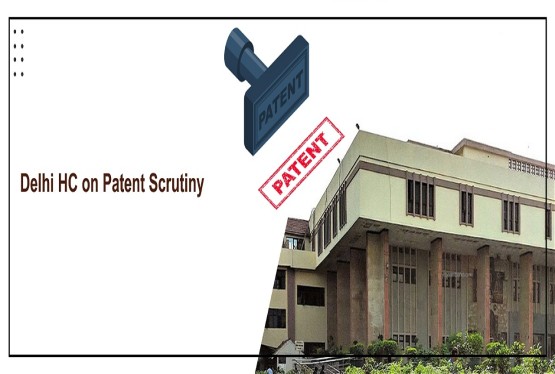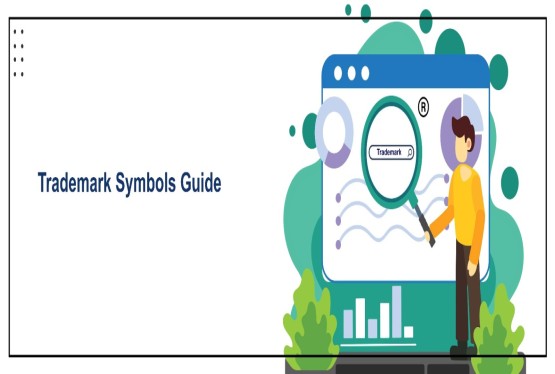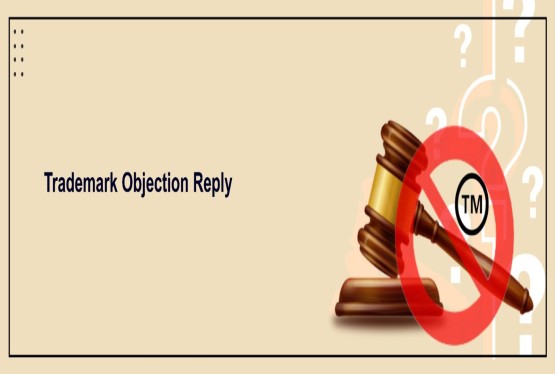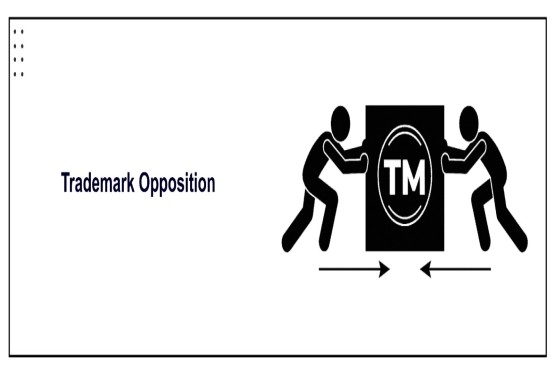Nokia has filed a lawsuit against Warner Bros. Discovery in the U.S. District Court for the District of Delaware, alleging that Warner’s streaming platforms infringe 13 of Nokia’s patents covering video encoding, decoding, compression and delivery for high-definition streaming. The Finnish company claims it attempted to negotiate a licence with Warner since 2023, but in the absence of an agreement it is now seeking monetary damages and licensing terms via the court.
This case is a part of Nokia’s broader legal campaign to protect its vast intellectual property portfolio across digital communication and streaming sectors. Nokia claims that Warner Bros. continues to use its patented technologies without obtaining a proper license, despite prior negotiation attempts.
Background of the Case
Nokia is globally known for its significant contributions to telecommunications and multimedia standards, including video compression, wireless connectivity, and device communication protocols. The company holds thousands of patents, many of which are essential to video-streaming technologies.
According to the lawsuit, Nokia began licensing discussions with Warner Bros. Discovery in 2023, but those talks failed to result in an agreement. Subsequently, Nokia alleged that Warner Bros. continued using its patented technologies in streaming services such as Max (formerly HBO Max) and Discovery+ without authorization.
The complaint mentions 13 patents related to:
a] Video encoding and decoding methods are essential for efficiently compressing and transmitting digital video data. Modern standards such as High Efficiency Video Coding (HEVC or H.265) offer significantly improved compression ratios compared to earlier formats like H.264/AVC, enabling high-quality video at lower bitrates. These methods work by removing spatial and temporal redundancies within video frames and sequences. Other advanced codecs like VP9, AV1, and VVC (H.266) further enhance performance for 4K and 8K streaming, ensuring smoother playback and reduced bandwidth consumption. Together, these standards form the foundation for today’s digital video delivery, from online streaming to broadcasting.
b] Bandwidth optimization for high-definition (HD) and ultra-high-definition (UHD) streaming focuses on delivering high-quality video while minimizing data usage and buffering. Techniques such as adaptive bitrate streaming (ABR), content delivery networks (CDNs), and advanced video compression standards like HEVC and AV1 help adjust video quality in real time based on available network conditions. By dynamically matching the stream to the viewer’s internet speed, these methods ensure smooth playback, reduced latency, and efficient use of bandwidth without compromising visual clarity.
c] Error correction and buffering techniques play a crucial role in ensuring seamless video playback, even over unstable networks. Error correction methods such as Forward Error Correction (FEC) and Automatic Repeat Request (ARQ) detect and recover lost or corrupted data packets during transmission. Meanwhile, buffering temporarily stores portions of video data to compensate for network delays or fluctuations. Together, these techniques maintain continuous playback, prevent interruptions, and deliver a smooth viewing experience across varying network conditions.
Key Legal Issues
Patent Infringement
Patent infringement occurs when a person or company makes, uses, sells, or imports a patented invention without the permission of the patent holder. It violates the exclusive rights granted under the Patents Act, 1970. Infringement can be direct (copying the patented product or process) or indirect (aiding others to infringe). Legal remedies include injunctions, damages, and destruction of infringing goods. In this case, Warner Bros. Discovery’s streaming technologies unlawfully use Nokia’s patented innovations related to video compression and streaming transmission.
Validity of Patents
The validity of a patent determines whether it meets all legal requirements under the Patents Act, 1970. A valid patent must fulfil conditions such as novelty, inventive step, and industrial applicability, and must not fall under the exclusions listed in Sections 3 and 4 of the Act. The patent can be challenged through post-grant opposition or revocation proceedings if these criteria are not met. Maintaining validity ensures the patentee’s exclusive rights remain enforceable and legally protected Warner Bros. may challenge the validity or enforceability of Nokia’s patents, arguing that they are either not novel or are standard-essential patents (SEPs) subject to fair, reasonable, and non-discriminatory (FRAND) licensing terms.
Damages and Remedies
Damages and remedies in patent law aim to compensate the patent holder for losses caused by infringement and to prevent further violations. Remedies may include monetary damages, account of profits, and injunctions restraining the infringer from continued use of the patented invention. Courts may also order the seizure or destruction of infringing goods. These measures ensure that the patent owner’s exclusive rights are protected and that violators are held accountable under the Patents Act, 1970 Nokia is seeking monetary damages for unauthorized use and possibly an injunction preventing further infringement.
Licensing Obligations
Licensing obligations in patent law govern how a patent holder permits others to use their invention under specific terms and conditions. A patent license agreement outlines the scope, duration, territory, and royalty payments for such use. Under the Patents Act, 1970, patentees are encouraged to make their inventions available to the public, and in cases where a patent is not adequately worked in India, the government may grant compulsory licenses to third parties. These obligations ensure a balance between rewarding innovation and promoting public access to patented technologies. The court will examine whether Nokia had an obligation to offer the patents on FRAND terms and whether Warner Bros. acted in bad faith during negotiations.
Nokia’s Broader Legal Strategy
This lawsuit follows a pattern of enforcement actions by Nokia against major corporations like Paramount Global, Acer, and Amazon, indicating its determination to monetize its extensive patent portfolio. Nokia has transitioned from being a leading hardware manufacturer to a technology licensing powerhouse, earning billions annually from patent royalties.
Impact on the Streaming Industry
The case underscores the rising patent risks faced by content and streaming companies. As platforms increasingly rely on sophisticated compression and transmission technologies, they are often required to license multiple patents from telecom and technology firms. A ruling in Nokia’s favor could encourage similar enforcement actions against other streaming giants, potentially reshaping licensing practices in the digital entertainment ecosystem.
Final Word
The Nokia v. Warner Bros. Discovery case highlights the growing intersection between intellectual property law and digital streaming technologies. It reinforces the importance of licensing compliance for companies utilizing patented communication protocols. The outcome of this case may not only affect Warner Bros. Discovery’s operations but also set a precedent for how streaming platforms handle technology licensing with major patent holders like Nokia.
FAQs
Q1. What is the Nokia v. Warner Bros. case about?
Ans. Nokia alleges that Warner Bros. Discovery’s streaming services are using its patented video technologies such as advanced video encoding, compression, and delivery methods without obtaining proper licences. According to Nokia, these technologies are importantl for delivering smooth, high-quality HD and UHD streaming to users. The company claims it has been in talks with Warner Bros. Discovery for a licence but no agreement was reached. As a result, Nokia has approached the court seeking damages and a fair licensing arrangement for the alleged unauthorised use.
Q2. Which court is hearing the case?
Ans. The case was filed in the U.S. District Court for the District of Delaware, a common venue for major patent litigation involving global technology companies. Nokia brought the lawsuit against Warner Bros. Discovery, alleging infringement of multiple video-streaming patents. The court will examine whether Warner’s streaming platforms, such as Max and Discovery+, unlawfully use Nokia’s patented technologies without proper authorisation or licensing.
Q3. How many patents are involved in this dispute?
Ans. The complaint filed by Nokia includes 13 patents covering key technologies in video encoding, decoding, and bandwidth optimization. These patents relate to methods that enhance streaming efficiency by compressing video data, improving playback quality, and reducing buffering across different devices and network conditions. Nokia claims that Warner Bros. Discovery’s streaming platforms rely on these patented innovations without authorization, forming the basis of its infringement lawsuit.
Q4. When was the lawsuit filed?
Ans. Nokia filed the lawsuit on November 3, 2025, marking its latest effort to enforce its intellectual property rights in the video-streaming technology space. The case targets Warner Bros. Discovery for allegedly using Nokia’s patented innovations without proper licensing. By initiating legal action, Nokia seeks to protect its extensive patent portfolio covering advanced video processing and transmission technologies that support modern streaming platforms. The filing underscores Nokia’s ongoing commitment to ensuring fair compensation for the use of its technology in global digital media services.
Q5. What relief is Nokia seeking?
Ans. Nokia seeks monetary damages and potentially an injunction to halt the alleged infringement, aiming to prevent further unauthorized use of its patented technologies. The company contends that such relief is necessary to protect its intellectual property rights and to ensure fair compensation for the exploitation of its innovations.
Q6. Has Nokia filed similar lawsuits before?
Ans. Yes, Nokia has a history of enforcing its intellectual property rights and has previously filed lawsuits against companies such as Paramount, Acer, and Amazon over similar technology-related patent infringements. These cases demonstrate Nokia’s consistent efforts to protect its patented innovations and uphold fair licensing practices within the global technology industry.
Q7. Why is this case significant for the streaming industry?
Ans. This development signals increasing patent enforcement within the streaming sector, emphasizing the importance for content companies to ensure full patent compliance across their technology stacks. It highlights the growing legal risks faced by digital platforms that rely on advanced video and data technologies without securing proper licensing.
Q8. What defenses might Warner Bros. raise?
Ans. Warner Bros. may defend itself by challenging the validity of Nokia’s patents, asserting that the technologies in question are either not novel or lack inventive step. The company could also claim non-infringement, arguing that its streaming platforms operate on independent systems or alternative methods not covered by Nokia’s patents. Additionally, Warner Bros. might contend that Nokia failed to offer licenses on Fair, Reasonable, and Non-Discriminatory (FRAND) terms, a key obligation for standard-essential patents, thereby questioning the fairness and enforceability of Nokia’s claims.
Q9. How could this case impact future licensing negotiations?
Ans. If Nokia prevails in the case, it could set a strong precedent for the streaming industry, encouraging platforms to proactively negotiate licensing agreements with technology firms to avoid costly litigation. Such a judgment would reinforce the importance of respecting intellectual property rights and could lead to greater collaboration between content providers and patent holders. It may also prompt streaming companies to conduct more thorough patent due diligence and implement stronger compliance frameworks to mitigate future legal risks.
Q10. What happens next in the case?
Ans. The Delaware court will now proceed to review the initial pleadings and evaluate the sufficiency of Nokia’s claims. Warner Bros. is expected to file its formal response or a motion to dismiss, challenging either the legal basis or the jurisdiction of the lawsuit, before the discovery phase begins in 2026. This procedural step will determine whether the case advances to evidence exchange and trial preparation, marking a crucial stage in the litigation timeline.

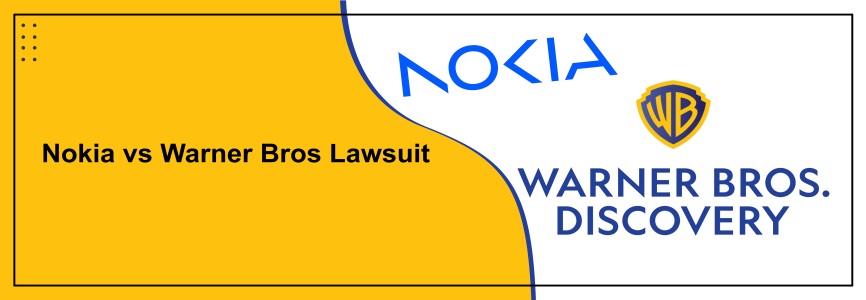




























_(b)_of_the_Trademark_Act,_1999_(1)_crop10_thumb.jpg)



_crop10_thumb.jpg)




























_crop10_thumb.jpg)
_crop10_thumb.jpg)






_crop10_thumb.jpg)








_crop10_thumb.jpg)



_crop10_thumb.jpg)





























_crop10_thumb.jpg)

















_crop10_thumb.jpg)






_crop10_thumb.jpg)












































































































































_crop10_thumb.jpg)




































_crop10_thumb.jpg)












_crop10_thumb.jpg)















































_crop10_thumb.jpg)


































































































